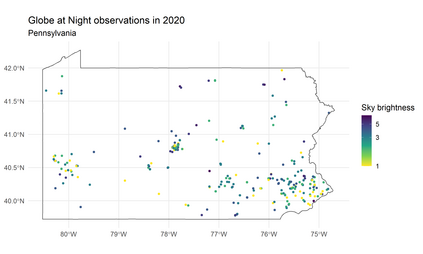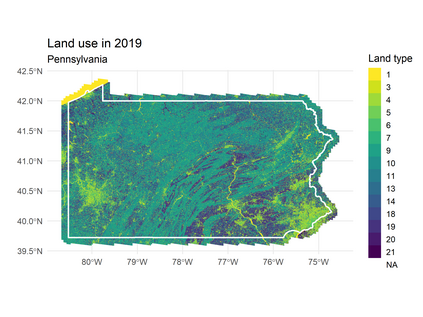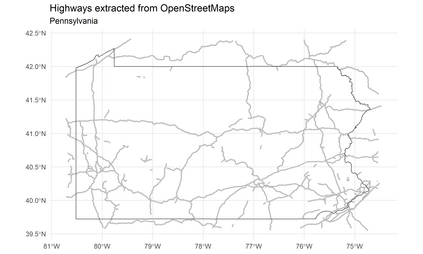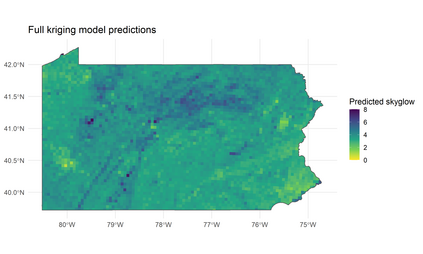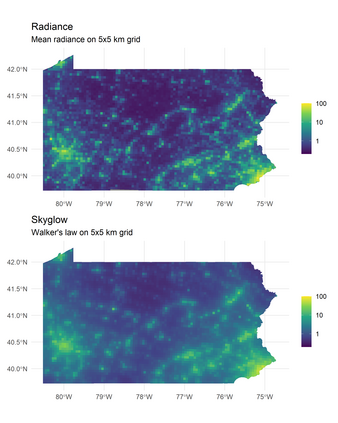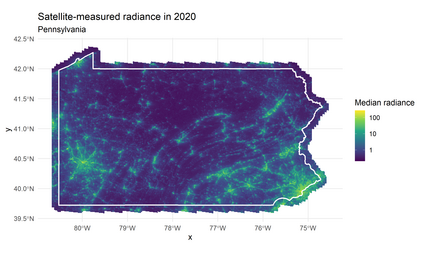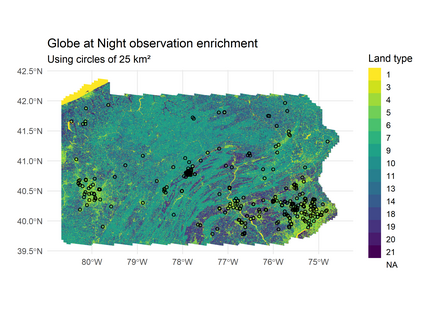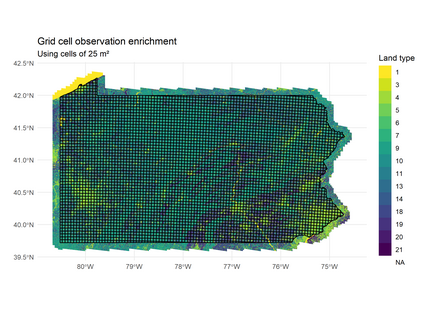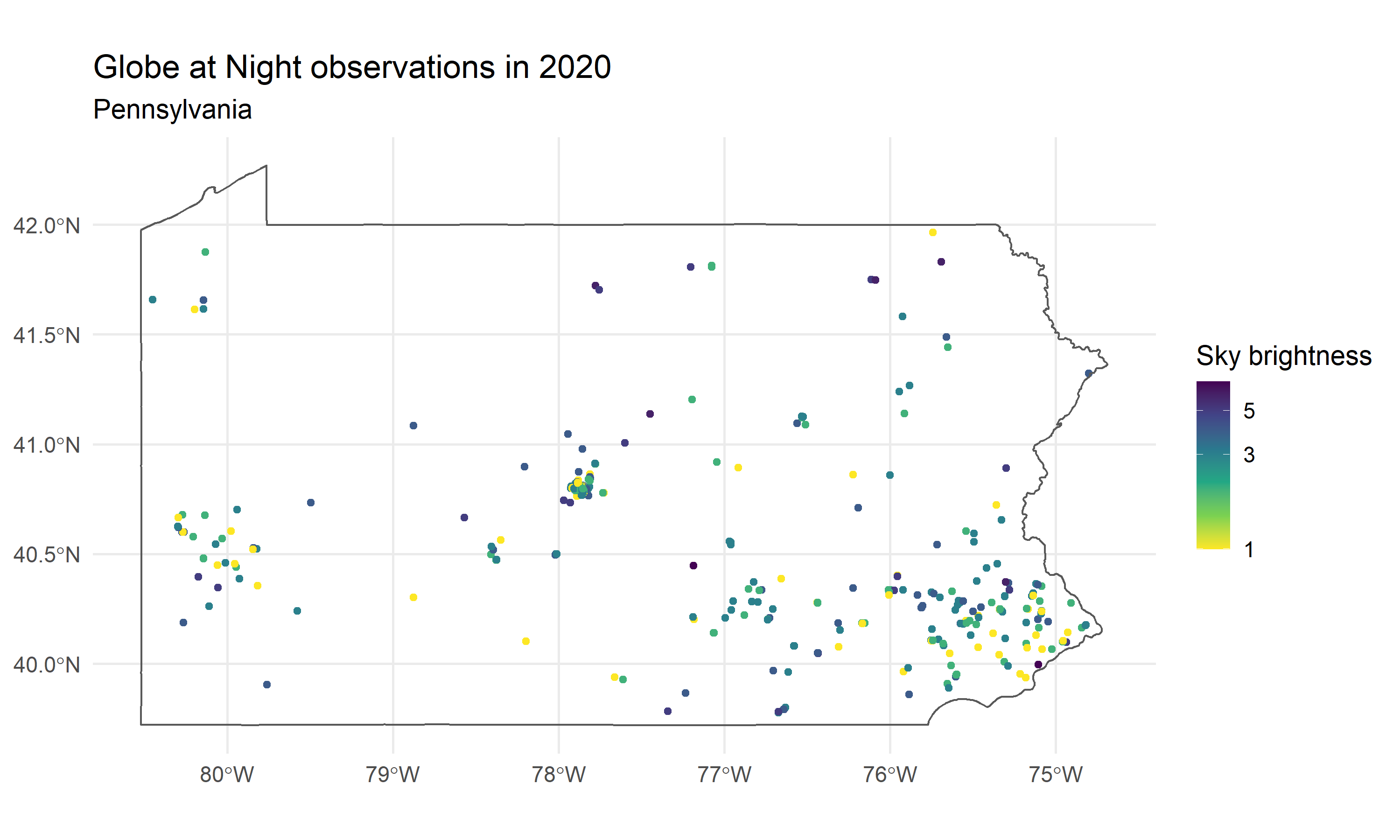Citizen science projects in which volunteers collect data are increasingly popular due to their ability to engage the public with scientific questions. The scientific value of these data are however hampered by several biases. In this paper, we deal with geospatial sampling bias by enriching the volunteer-collected data with geographical covariates, and then using regression-based models to correct for bias. We show that night sky brightness estimates change substantially after correction, and that the corrected inferences better represent an external satellite-derived measure of skyglow. We conclude that geospatial bias correction can greatly increase the scientific value of citizen science projects.
翻译:志愿者收集数据的公民科学项目越来越受欢迎,因为他们有能力让公众了解科学问题,但这些数据的科学价值受到若干偏差的阻碍。在本文件中,我们处理地理空间抽样偏差,方法是用地理变量丰富志愿者收集的数据,然后使用回归模型纠正偏差。 我们显示,夜空亮度估计在校正后变化很大,经更正的推论更好地代表了天花板的外部卫星测量。 我们的结论是,地理空间偏差纠正可以大大提高公民科学项目的科学价值。

